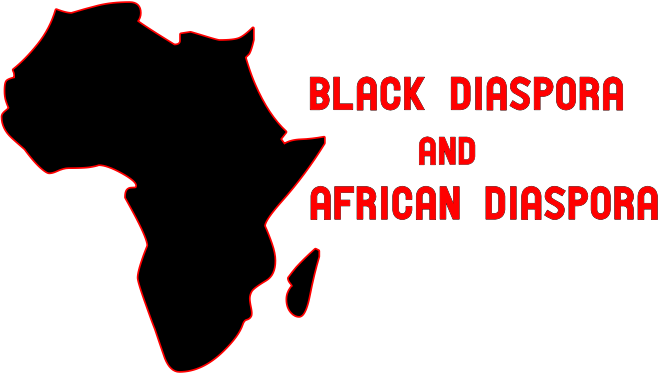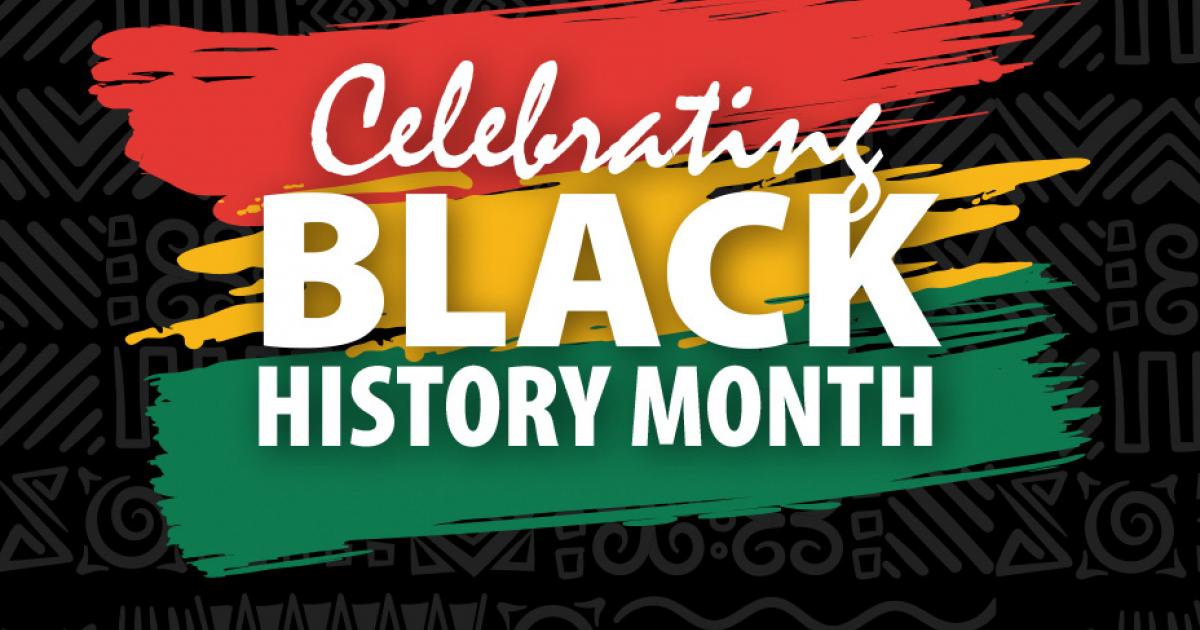(ThyBlackMan.com) Many moons ago, I was a new educator at the collegiate level. This writer was teaching in a diverse classroom at Concordia University. This process required intentional strategies to ensure all students felt valued, respected, and supported in their learning. This would also include understanding individual learning needs, incorporating diverse perspectives, and creating a welcoming and inclusive environment, as well as intervening in two of my more vocal students arguing the merits of the Black Diaspora and the African Diaspora. The contents of my premise are contained herein. While the terms “Black diaspora” and “African diaspora” are often used interchangeably in casual conversation, they represent distinct concepts with essential differences that warrant careful examination. Let me analyze this from a teacher of History’s perspective.

Core Definitions & Key Distinctions
- African Diaspora
The African diaspora specifically describes communities and individuals of African origin living outside the African continent. This term encompasses:
- Historical scope: Both forced migrations (primarily through the transatlantic slave trade) and voluntary migrations across different periods.
- Geographic breadth: People from all regions of Africa—North, East, West, Central, and Southern.
- Institutional recognition: Officially acknowledged by organizations like the African Union, which defines it as including anyone of native or partial African origin who contributes to Africa’s development.
- Primary focus: Migration patterns, cultural heritage preservation, and developmental connections to Africa.
- Black Diaspora
The Black diaspora represents a broader concept that emphasizes shared experiences of Blackness and racial identity. This term includes:
-
- Cultural emphasis: Shared experiences of racial identity, resistance to oppression, and collective struggle
- Historical foundation: Primarily rooted in the experiences of enslaved Africans and their descendants, particularly in the Americas and the Caribbean
- Social movements: Connected to movements like Civil Rights, Pan-Africanism, and various forms of resistance against systemic oppression
- Identity framework: Focuses on Blackness as a unifying experience rather than solely geographic origins
Conceptual Differences
| Aspect | African Diaspora | Black Diaspora |
| Primary Scope | Pan-African (includes all African origins) | Primarily descendants of enslaved Africans, plus a broader Black identity |
| Central Focus | Migration, heritage, and development ties to Africa | Racial identity, shared struggles, and resistance movements |
| Key Institutions | African Union, diplomatic organizations, and development initiatives | HBCUs, Black churches, civil rights organizations, and cultural movements |
| Common Usage | Academic, diplomatic, and developmental contexts | Cultural, sociopolitical, and historical discussions |
| Geographic Emphasis | Connection to the African continent | Emphasis on diaspora locations and experiences |
Understanding the Relationship
Overlap and Intersection
The relationship between these concepts is complex rather than simply hierarchical. While many scholars view the Black diaspora as encompassing a subset of the African diaspora—particularly when discussing slavery’s legacy and racial identity—the reality is more nuanced.
Areas of convergence include:
- Shared historical experiences of displacement and adaptation
- Common struggles against racism and discrimination
- Cultural preservation and innovation across geographic boundaries
- Solidarity in social justice movements
Contemporary Tensions and Debates
Modern discussions reveal critical tensions, particularly in policy and cultural spaces:
- “Old” vs. “new” diaspora dynamics: Differences between descendants of enslaved Africans and recent African immigrants in terms of experiences, perspectives, and needs
- Identity politics: Questions about who belongs in which category and how these identities intersect
- Resource allocation: How governments and institutions address the distinct needs of different diaspora communities
Academic and Cultural Implications
In Scholarly Research
Academic work requires precision in terminology. The African diaspora framework typically examines:
- Historical migration patterns and demographic studies
- Cultural retention and transformation across generations
- Economic and political connections between diaspora communities and African nations
- Specific regional variations in African diaspora experiences
Research on the Black diaspora often explores:
- Racial identity formation and expression
- Resistance movements and political organizing
- Cultural production, including music, literature, and art
- Intersections of race, class, and nationality in diaspora experiences.
In Cultural Expression and Identity
These distinctions influence how communities understand themselves and engage with broader society:
African diaspora identity often emphasizes:
- Connections to specific African nations or regions
- Preservation of traditional practices, languages, and spiritual systems
- Development partnerships and cultural exchange with Africa
- Pan-African political and economic cooperation
Black diaspora identity frequently focuses on:
- Shared cultural expressions developed through centuries of adaptation
- Music, dance, and culinary traditions that transcend specific African origins
- Collective responses to racism and systemic oppression
- Solidarity across different Black communities globally
Practical Applications
Understanding these distinctions has real-world implications for:
- Policy development: Ensuring that programs address the specific needs of different communities.
- Cultural programming: Creating inclusive spaces that honor diverse experiences and identities.
- Academic research: Using precise terminology that reflects the complexity of diaspora experiences.
- Social justice work: Recognizing how different histories inform contemporary struggles.
- International relations: Understanding how diaspora communities engage with Africa and each other.
Conclusion
Recognizing the differences between the African diaspora and Black diaspora enhances our understanding of the rich diversity within these global communities. Rather than flattening these experiences into a single narrative, this nuanced approach enables more accurate historical analysis, more effective policy development, and a deeper appreciation for the varied ways people of African descent have navigated identity, belonging, and resistance across the globe.
The African diaspora emphasizes origins, migration, and ongoing connections to the African continent, while the Black diaspora captures the broader, more fluid experience of racial identity and shared struggle. Both concepts are essential for understanding the complex realities of people of African descent worldwide, and both deserve recognition for their unique contributions to global culture, politics, and society.
As educators, thinkers and all others with a thirst for knowledge, maintaining these distinctions helps us speak the truth that honors the full complexity of these remarkable global communities. Happy to be a part of a thriving enclave.
Associate Editor; Stanley G. Buford
Feel free to connect with this brother via Twitter; Stanley G. and also facebook; http://www.facebook.com/sgbuford.
Also his email addy is; StanleyG@ThyBlackMan.com.

















Leave a Reply